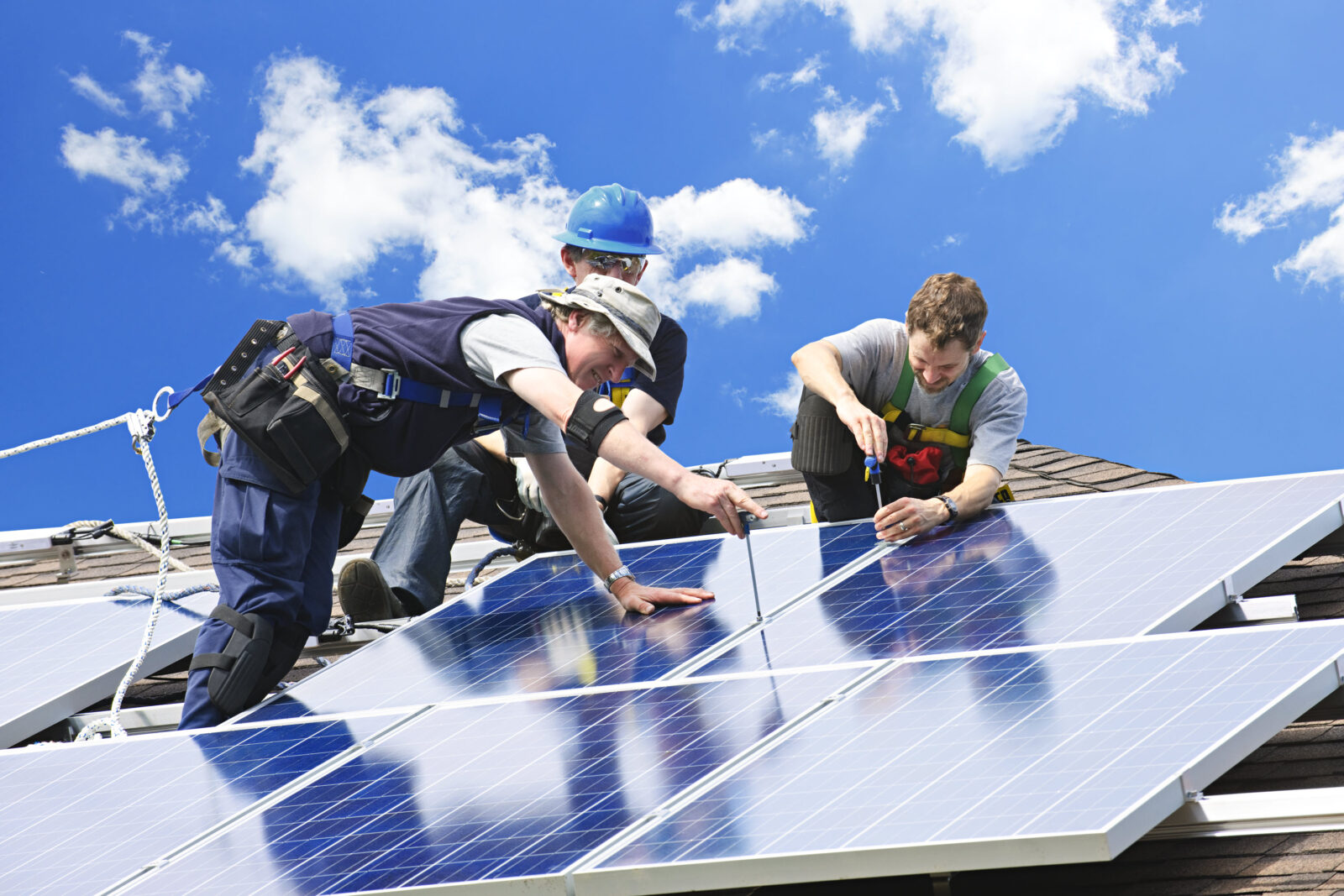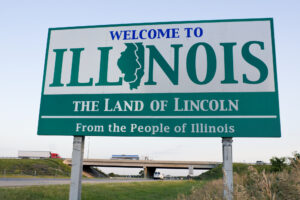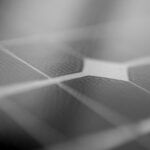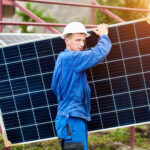It’s a concern for many who are considering solar. Do solar panels damage your roof?
A roof is a big investment and can be expensive to repair or replace. So how will installing solar panels affect it?
You may have heard about some people who have experienced leaks on their roofs after installing solar panels. Hearing things like this is certainly worrisome and can give you second thoughts about switching to solar panels.
After all, who would want leaks in their house during rainy days?
But is that really an issue? Or is it more of a myth. Read on to find out if damage from solar panel installation is something you should be concerned about.
Do Solar Panels Damage Your Roof?
The short answer to that is no. Solar panels do not necessarily damage your roof.
Roof damage resulting from a solar panel installation is quite rare, thanks to the precautions taken by installers during the installation process to prevent leaks and other types of damage.
Following proper installation, solar panels should not be a source of concern because they should not cause permanent damage to your roof. This assumes your roof is in good condition and does not already have damage from other sources.
However, installing solar panels is not a weekend project for the inexperienced homeowner. The risk of damaging your roof or harming yourself increases if you do not have the proper training to install your panels.
Finding the Right Solar Panel Installers
Choosing the right service provider for a rooftop home solar installation is critical, just as it is for any other home improvement project.
Most homeowners will not experience roof damage due to installing solar panels, provided that the solar installer is a licensed, qualified professional and that the roof is in good condition.
If you hear of roof damage occurring due to a solar installation, the roof was likely in poor condition to begin with.
The first step is to ensure that you’re working with a reputable installation company in your area. Although there is a national program, the North American Board of Certified Energy Practitioners, that tests and certifies professionals in solar installation, different states have different requirements for licensing and certification.
You should research the installation regulations in your state to understand what to expect from the process. You can connect with high-quality solar installers by getting quotes and referrals from established, trusted solar advisors like Understand Solar.
Securing Solar Panels To Your Roof
To secure the racking that will hold your panels, workers will drill holes in your roof during the installation process. Lag bolts are used to secure the panels to the roof, and these are designed to withstand extreme weather conditions and last for a long time.
These holes and bolts are required for almost every solar installation. Though the size and depth of the holes and bolts will vary depending on the material of your roof (asphalt, wood, etc.).
Although having holes in your roof is not ideal, there are several safety precautions that solar installers can take to ensure that your roof remains structurally sound and does not leak at all. To prevent water from entering the new hole, the bolt fixture will be surrounded by a flashing, metal, or plastic shield designed to fit beneath existing roof tiles.
A second layer of tar or another similar material is applied to the flashing. Finally, a sealant is applied to the hole created by the lag bolt to prevent water from seeping into the roof structure.
With the right installer, it is unlikely that solar panels will damage your roof.








